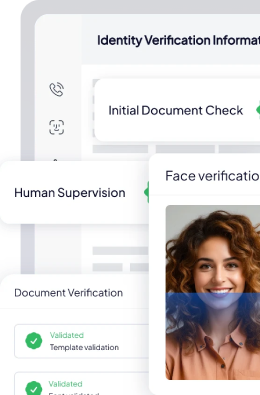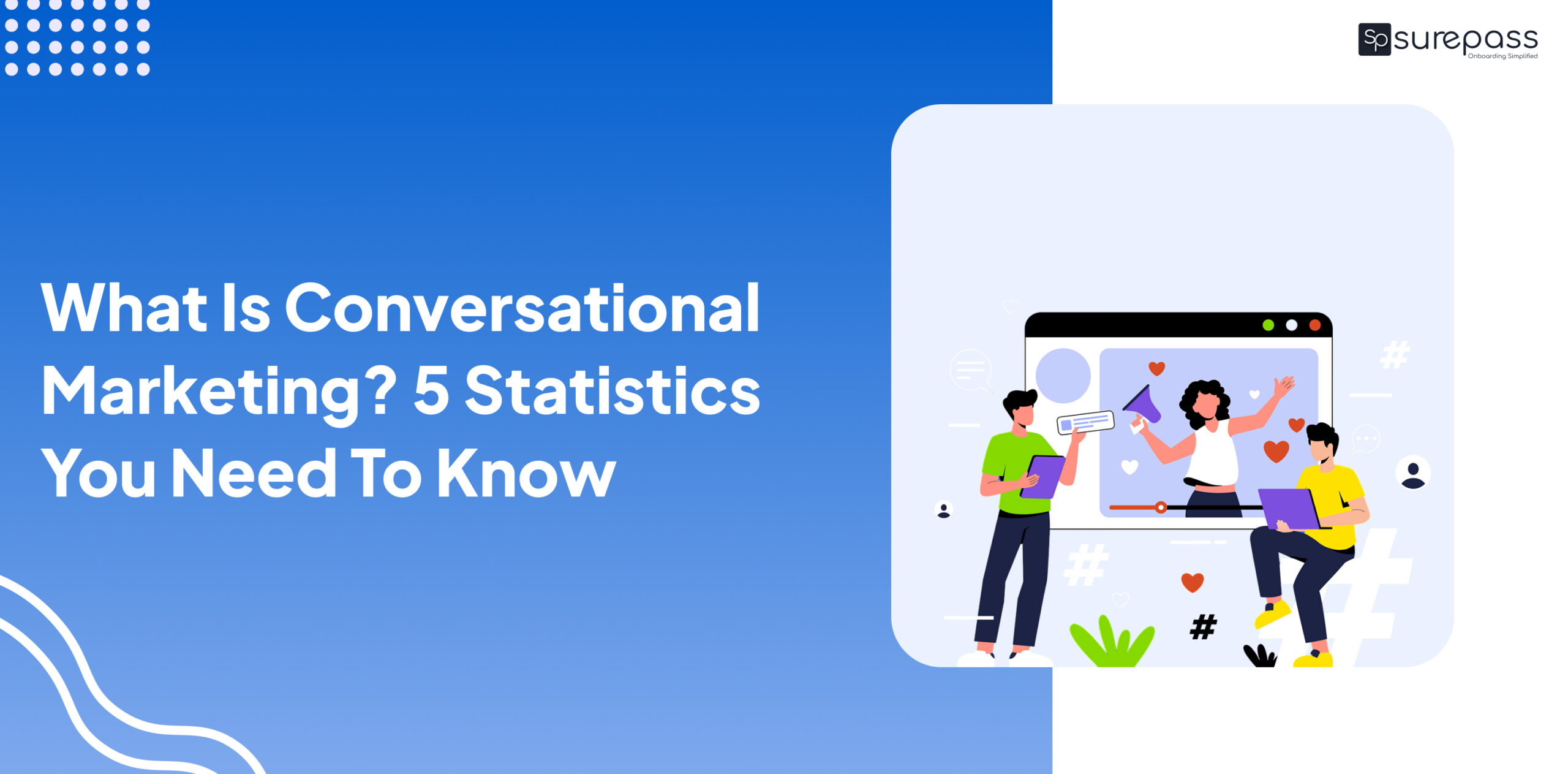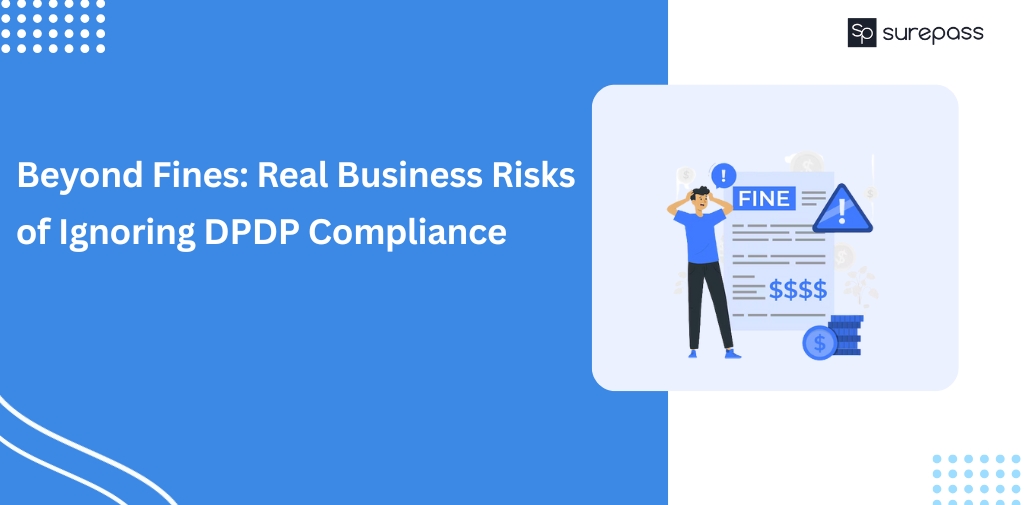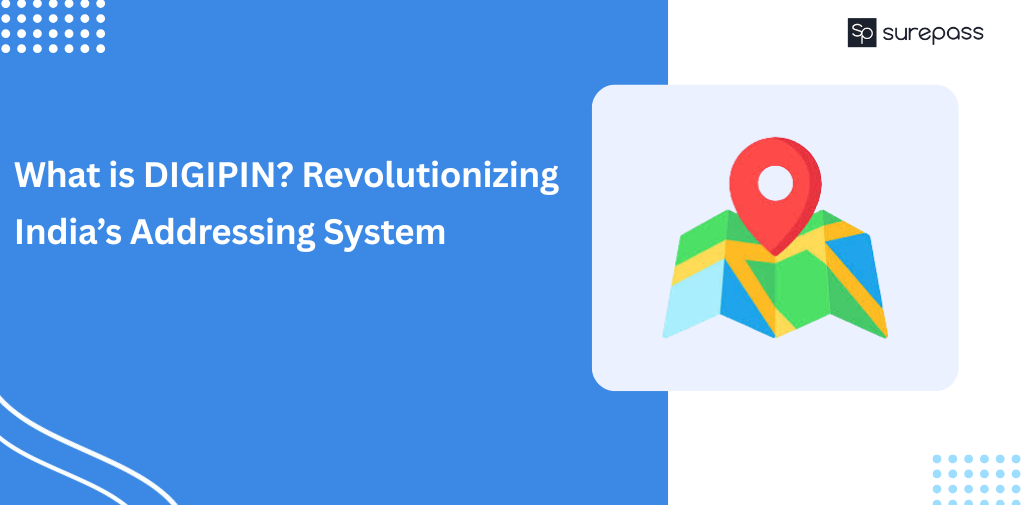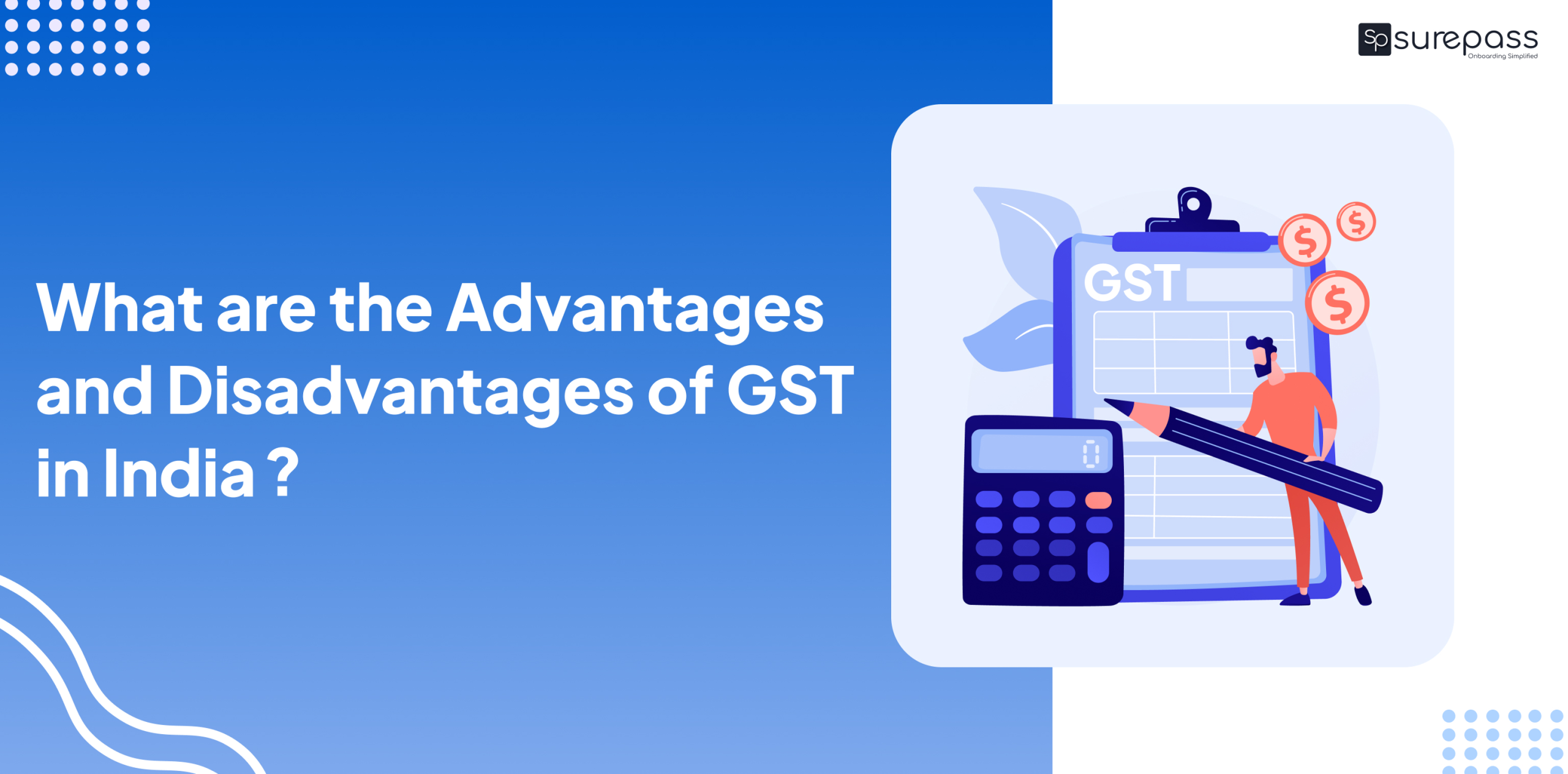Much has been written about conversational marketing and its ability to grow a brand in recent years.
Anyone involved in digital marketing who has used conversational marketing tools can attest to their effectiveness in creating seamless interactions with customers.
We’re guessing you’re reading this because it piqued your interest, and you want to learn everything there is to know about conversational marketing.
In this post, we’ll define it, give you an example, and share some critical conversational marketing statistics you should know before launching your strategy.
Let’s get started right away.
What Is Conversational Marketing?
First and foremost, let us dissect it and examine what it means and entails.
Drift, a marketing and sales firm based in the United States, coined “conversational marketing.”
Take note of the keywords in bold. These translate into a more customer-centric and genuine approach to engaging and communicating with prospects.
The majority of conversational marketing is done digitally through live chat tools such as Facebook Messenger, WhatsApp, chatbots on a company’s website, etc.
Conversational marketing is considered relatively new compared to other more traditional forms of digital marketing such as social media, content, or email.
That’s because it only began with the introduction of chatbots, which occurred relatively recently.
Another feature that distinguishes conversational marketing from other forms of digital marketing is that it is done in real-time.
Conversational marketing allows brands to interact with their customers in real-time, ensuring prompt responses and problem resolution.
Examples of Conversational Marketing-
Now that you know what conversational marketing is let’s look at how it works.
Casper, a sleep product company based in the United States, launched Insomnobot-3000 a few years ago, an interactive experience with a chatbot aimed at keeping insomniacs company during the late-night hours.
Anyone having trouble falling asleep could text it to initiate a conversation. We also advertised the bot as being more “chatty” between 11 p.m. and 5 a.m.
All of this happens in real-time, and it was an excellent way for the company to get leads because they would have the phone numbers of those who texted the chatbot right away.
These leads can then be pursued and guided through the buyer’s journey.
The best part about this initiative was that the company received qualified leads rather than just regular leads. People who texted Insomnobot-3000 had trouble falling asleep, which meant they could benefit from better sleep solutions (read: Casper’s products).
Without a doubt, this was a very creative way to engage customers through conversational marketing.
If you’re thinking about joining, the statistics in the following section can help you plan your strategy.
1. Conversational marketing enables 50.7 percent of businesses to respond faster.
According to Drift’s 2021 report, more than half (50.7 percent) of conversational marketing companies say it allows them to respond to visitor questions faster (Drift, 2021).
Not only that, but more than one-third of them (36.2 percent) believe they can provide more human and genuine responses for a more authentic experience.
2. Users’ expectations of immediate responses are increasing.
According to the same report, over the last two years alone, many customers have begun to expect brands to respond to their inquiries immediately (Drift, 2021).
The percentage of users expecting prompt responses from chatbots or online live chat tools has increased since 2019.
This means that having chat options available to users is essential for providing a better customer experience, but so is being able to respond to them quickly.
This can be accomplished by using automated chatbots with pre-programmed message templates, having live agents respond to user questions, or both.
3. Live Chat Support Increases Recurring Purchases
Conversational marketing facilitates interaction and improves a buyer’s experience with the brand, and helps a business drive sales.
The numbers, in this case, are highly potent.
According to Kayako conversational marketing statistics, nearly 8 out of 10 businesses (79 percent) report positive growth in sales, revenue, and customer loyalty due to their live chat services (Kayako, 2021).
Up to 38% of consumers say they are more likely to buy from a brand that offers live chat support than one that does not.
Purchases from repeat customers are also important – 51% of consumers say they would return and buy from a brand if they had live chat support.
4. Poor User Experience on Live Chat Tools Is the Most Frustrating for Customers
It’s one thing to offer live chat support, whether, through Facebook Messenger, the WhatsApp live chat widget on your website, or other conversational marketing tools, and quite another to do it correctly.
If you’re serious about conversational marketing, you should pay close attention to this statistic. A poor user experience has irritated 38 percent of consumers who have used live chat tools (Kayako, 2021).
Though this is not the majority, it is significant enough for brands to begin developing better solutions.
Some of the most common user complaints include the unavailability of live chat support despite indications that it is available, being disconnected in the middle of a chat, and the significant barriers involved in initiating a conversation (such as filling in pre-chat forms).
5. Chatbots Can Save You Time
When you use chatbots as part of your conversational marketing strategy, you save your agents time.
Whether you offer live chat through an AI chatbot created by your IT team or through the WhatsApp Business API, You can set up automated messages to save time and provide faster responses.
This frees up a lot of time for your agents to handle more complex cases that require human intervention.
If you want to build a conversational marketing strategy for your brand using WhatsApp, the world’s most popular chat app, our Surepass team will help.
We are an official WhatsApp Business Service Provider (BSP), and we can assist you in gaining access to the WhatsApp API and setting up your chatbot.
For more information, please join us for a free demo.
